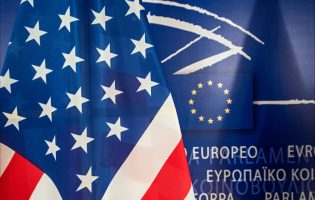
Equity at Home and Security Abroad: Transatlantic Economic Cooperation after January 20
For a short period in the mid-1950s, the modernizing politician Pierre Mendès France served as France’s Prime Minister. During his mere nine months in office, PMF, as he was known, …
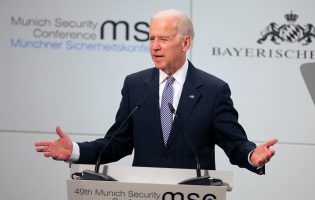
Biden as President: More Like FDR or More Like JFK?
Whether President-elect Joe Biden will be able to bring about a New Deal-style transformation of the U.S. economy in the mold of Franklin D. Roosevelt depends on the outcome of …
America Votes: The 2020 Election
AGI Project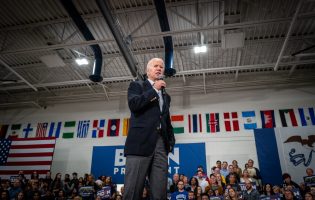
What Happens to America’s Transatlantic Relations after the U.S. Elections?
Until the election of Donald Trump in 2016 transatlantic relations were undergoing a steady shift in focus. As the European Union grew from an embryonic six-nation grouping in 1957 into …
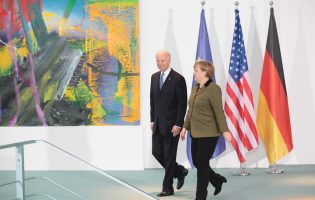
Would a Biden Win Make the U.S. More Like Germany?
The polling averages from the political forecasters at fivethirtyeight.com have Joe Biden leading Donald Trump by 52.5 percent to 41.7 percent. In the three Midwestern swing states that were responsible for …
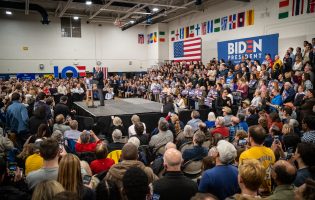
The U.S. Presidential Election and the Outlook for Transatlantic Relations
This article is part of a new Berenberg-AGI report, “Die Amerikanische Präsidentschaftswahl,” released on October 14, 2020. An Evolving Transatlantic Relationship: From Bilateral to Global Until the election of Donald …
Episode 32: Global Trade and Economic Dynamics
On this episode of The Zeitgeist, Mike Froman, Chairman of the Mastercard Center for Inclusive Growth and U.S. Trade Representative during the Obama administration, joins AGI’s Jeff Rathke and Peter …
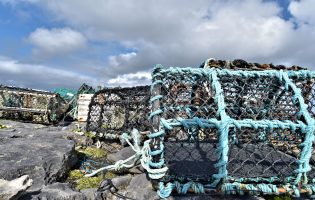
The U.S.-EU Tariff Deal: Refreshing, but Bland
As part of an effort to resolve a dispute about lobster exports, the United States and the European Union agreed last Friday to reduce tariffs on approximately $270 million of …
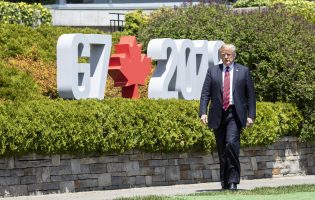
Trump Bobbles the G7 Summit
The Group of Seven, or G7, can seem like a creature of the late twentieth century, with its rich-country, Europe-heavy membership. China and Russia are absent, but so are democracies …
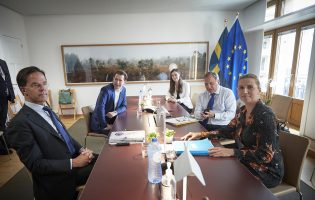
After the EU Summit: Without the UK, A Single Economic Future?
The European Union’s €750 billion “Next Generation EU” pandemic recovery fund announced at the EU summit on Tuesday has broken important new ground. Assuming the European Parliament gives its approval …
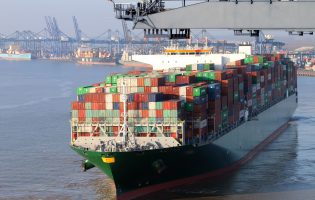
Instead of Trade Wars, the U.S. and EU Need a ‘Safe Trade’ Agenda
Writing in World Politics Review, AGI Senior Fellow Peter Rashish calls for the next U.S. to “launch a ‘Safe Trade’ agenda that creates growth, resilience and security without abandoning U.S. …
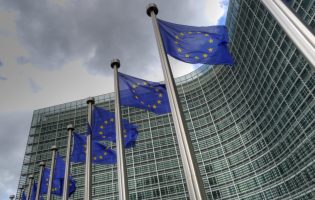
EU Strategic Autonomy: Opening Up?
As the idea of “strategic autonomy” (de jure sovereignty) has migrated within the European Union from the foreign and defense policy realm to economics and trade it has picked up …





